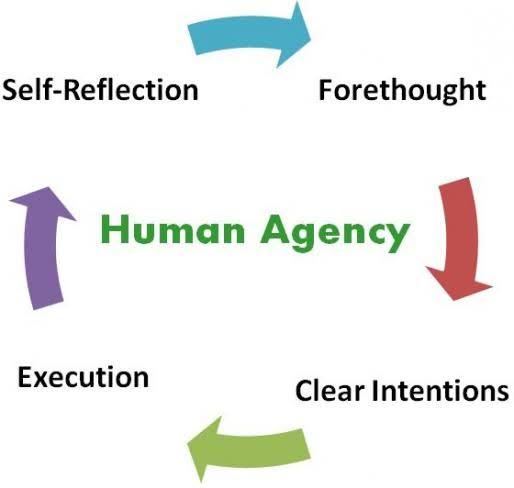Lecture 2: Human Learning
This section provides an overview of human learning, the factors that contribute to the learning process, and how it shapes the individual self.
Learning
If cognition, memory, and intelligence are underlying mechanisms that allow people to perceive, process, and apply information for daily adaptation, then learning is a natural consequence of these mechanisms.
Learning is defined as a relatively permanent change in a person’s knowledge or behavior as a result of experience. This definition connotes 3 things:
The change is long-term
The source of change comes from within the external structures of memory or knowledge of the individual.
The change is attributed to the personal experiences of the learner in his/her environment.
People learn in many ways, and several theories and models have been forwarded to understand and explain how learning occurs. One such theory is the social cognitive theory which emphasizes the value of the social environment in one’s learning process that is built on observational learning. Based on this theory, there are 4 stages in observational learning:
When an individual focuses on information that he/she perceives to be interesting and useful (Attention),
Stores and gives a mental representation of the information (Retention),
Recalls and rehearses the information given (Motor Reproduction), and
Repeats the entire process constantly and consistently (Motivation), then learning happens.
Learning happens even beyond the classroom; it happens in daily situations. According to the social cognitive theory, there is an interaction of personal (cognition, personality, motivational, orientation), environmental (family, schools and other settings, peers and social relationships), and behavioral factors (feedback and consequence) that account for behavioral change.
The notion of learning is underlined by notions of self-efficacy and human agency. Self-efficacy is defined as the extent to which people believe that they can confidently learn and master a particular skill.
According to Albert Bandura, self-efficacy can be developed through the following:
Mastery experience. Accomplishing simple tasks that lead to more complex tasks.
Social modeling. Observing an identifiable model who accomplishes the task.
Improving physical and emotional states. Being relaxed and calm before pursuing a challenging task.
Verbal persuasion. Providing encouragement and feedback during the accomplishment of a challenging task.
Apart from self-efficacy, human agency is another valuable principle in the learning process. People are not products of inner forces or environments; they are self-regulating and proactive. 
Thus, in the learning process, students are equally accountable for their performance as much as their teachers. While teachers are considered agents of motivating the learning process, students have the responsibility to be equally involved as well. It is in this perspective that students are considered agents of their own learning, and they are expected to invest in their own learning, and they are expected to invest in their own learning process.
This leads to the question of how much of an investment should students make in the learning process. There are 2 strategies in learning that students can use:
Surface learning. Students simply accept information presented to them and memorize them in an isolated and unlinked manner.
Deep learning. The deeper understanding of information by creating significant meaningful links across different concepts and how they can be applied in practical ways.
To adopt deep learning strategies, students can engage in the following habits:
Taking down notes
Asking questions during class sessions
Creating cognitive maps
Engaging in collaborative learning activities with mentors and peers
Going beyond the mandatory course requirements